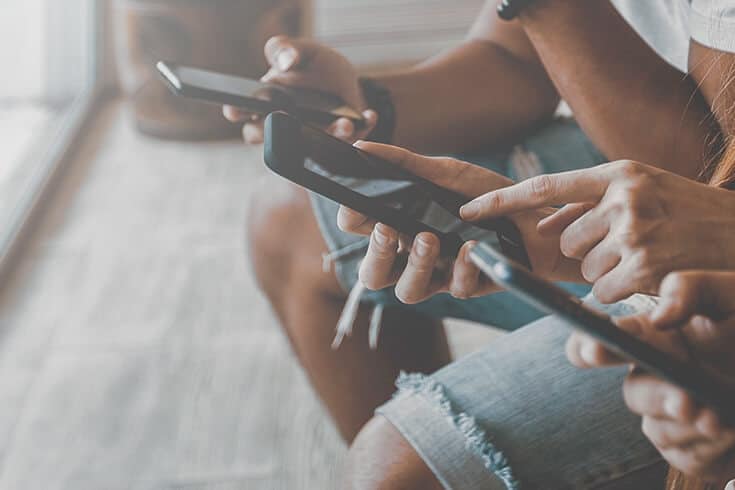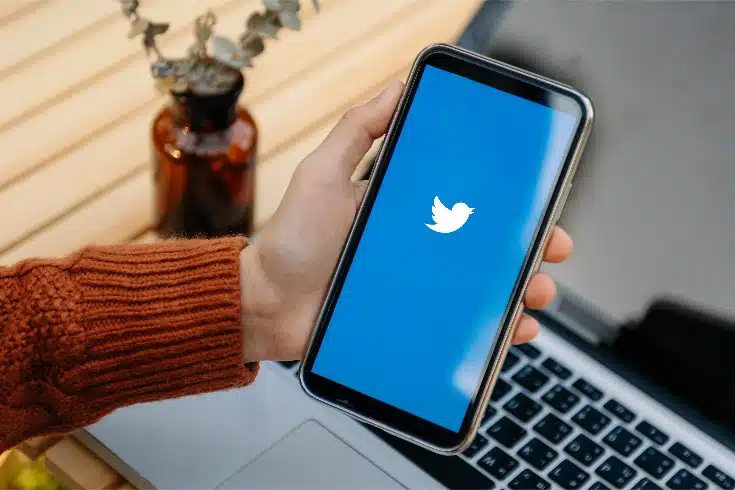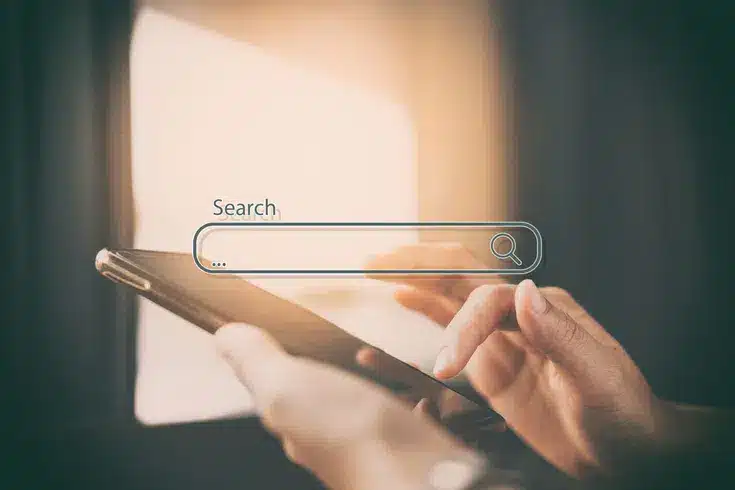Is Taking a Screenshot of Someone Else's Tweet on Twitter a Copyright Infringement?
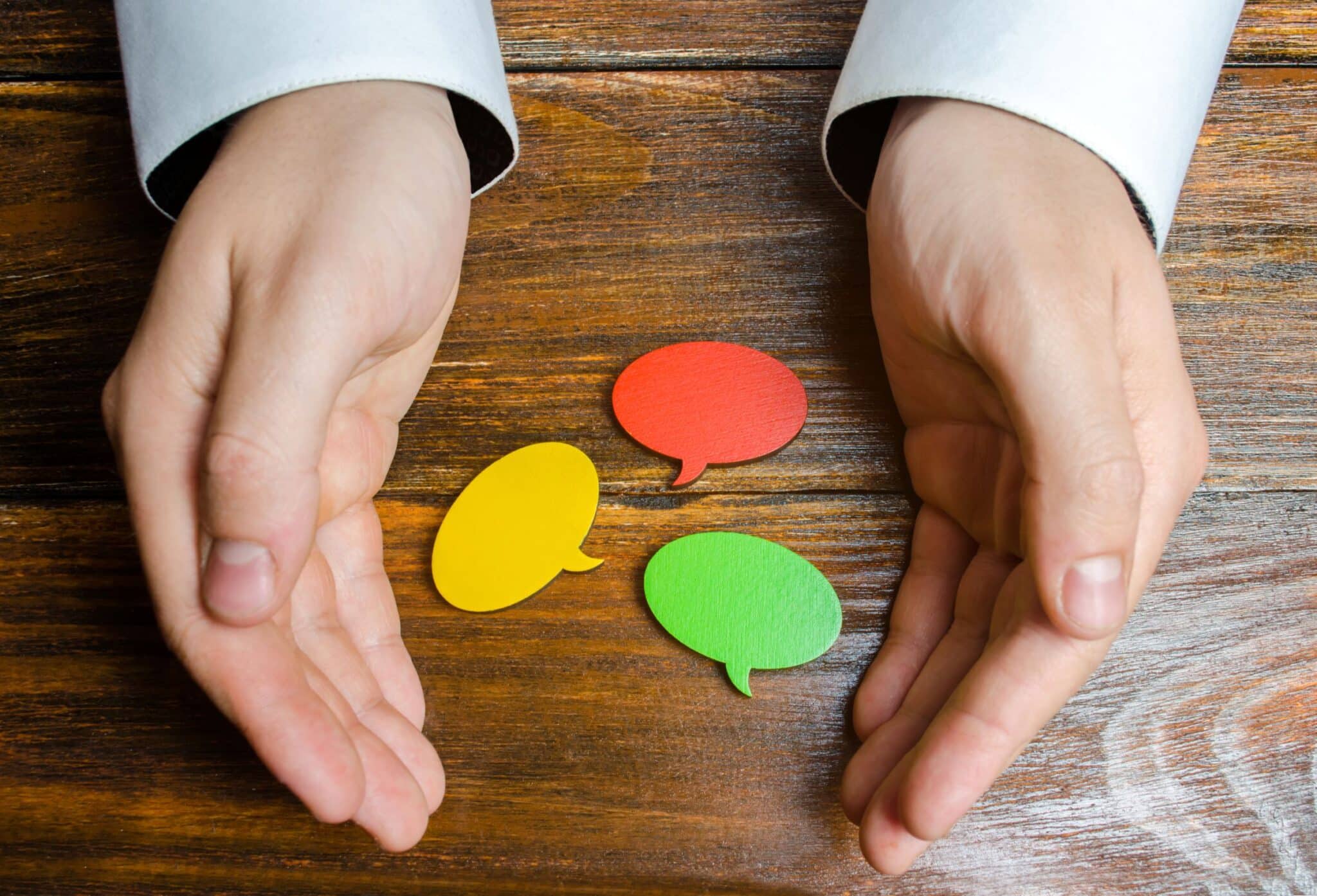
In recent years, Twitter has seen an increase in the presence of not only ordinary individuals, but also public figures, institutions, celebrities, and influencers, all expressing their views. It has become a platform for people of various positions to communicate their opinions to others.
In such discussions, it is essential to ‘quote’ others’ statements to express your own views, whether it be correcting them or adding new insights.
On Twitter, it is common to see methods such as taking screenshots of other users’ tweets and attaching these images as quotes, or copying the text of others’ tweets and incorporating it into your own tweets.
However, are these quoting methods free from copyright issues? We will explain the points to note about the legal way to quote on Twitter.
Three Methods of Quoting on Twitter
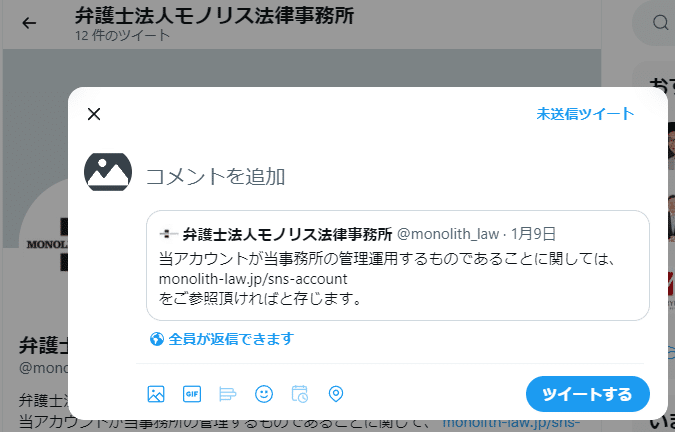
When posting on Twitter while quoting, there are generally three methods:
- Using the official “Quote Tweet” feature to post while quoting someone else’s tweet
- Taking a screenshot of someone else’s tweet and attaching this image to post while quoting
- Copying and pasting part of someone else’s tweet and manually quoting while posting
The first method of quoting is an official feature on Twitter and can be done without any issues under copyright law.
In this article, we will explain the legal issues with the second and third methods of quoting under copyright law.
The Relationship Between Copyright and the Act of Quoting Others’ Tweets via Screenshots
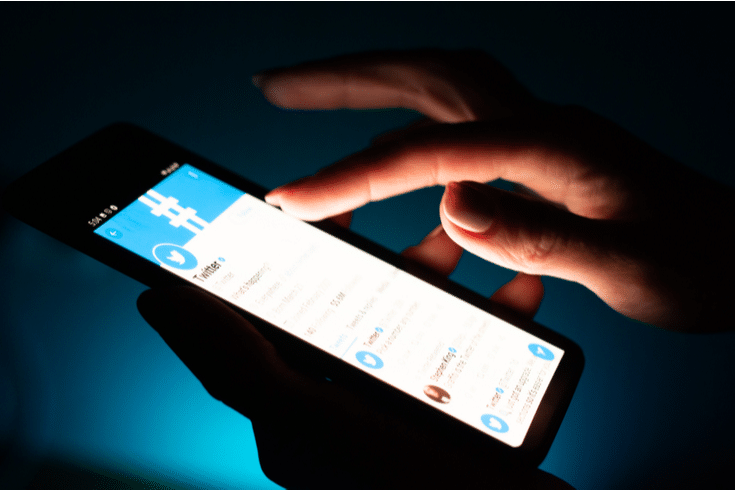
Quoting via screenshots, often referred to as “screenshot quoting,” is a common practice on Twitter. It allows users to share original tweets from others with a broad audience while expressing their own opinions on the matter.
However, the act of freely screenshot quoting someone else’s original tweet could potentially infringe on copyright laws.
Furthermore, if a screenshot quote is deemed to infringe on copyright laws, the quoted tweet may be removed based on Twitter’s ‘Copyright Policy[ja]‘.
In some cases, you may also be held liable for damages and compensation claims.
To determine whether a screenshot quote infringes on copyright laws, the following two points must be considered:
- Whether the original tweet qualifies as a “copyrighted work”.
- Whether the act of quoting the original tweet is permissible as a legitimate quotation.
The following will explain points 1 and 2 in detail.
Is the Plaintiff’s (the party who was quoted) Tweet a “Work”?
The Japanese Copyright Law is a law concerning “works”, and if something is a “work”, it is protected by copyright. Therefore, in order for a quotation to infringe on copyright, the original tweet must first be considered a “work”.
However, not all creations are considered “works” and protected by copyright. To be recognized as a “work”, it must be an expression with a degree of individuality or creativity.
In the case of tweets, due to the 140-personality limit, the expression tends to be concise and short. Therefore, if the way of expression in a tweet is mundane and commonplace, such that anyone could make the same expression, it is not considered to exhibit the individuality of the person who tweeted, and is not considered a “work”.
On the other hand, if it is recognized that some creative effort has been made to convey the intent of the person who tweeted within the personality limit, it is considered that individuality has been expressed in the method of expression, and it is considered a “work”.
And if the original tweet is a “work”, the act of quoting it without permission could infringe on the rights of reproduction and public transmission.
There have been various judgments as to whether something can be considered a “work”, and it is necessary to consider whether the original tweet is a “work” in light of these precedents. Please also refer to the following article.
Related article: Is the Reproduction of Short Linguistic Expressions such as Catchphrases and Headlines a Copyright Infringement?[ja]
Whether the act is considered a legitimate “quotation”
Even if the original tweet is considered a copyrighted work, under the Japanese Copyright Law, certain acts of quotation may be considered legal and may not constitute copyright infringement.
The conditions for a quotation to be recognized under the Japanese Copyright Law are that it meets all of the following:
- The work has already been published (Publication requirement)
- It is being quoted (Quotation requirement)
- It conforms to fair practice (Fair practice requirement)
- It falls within a legitimate range (Legitimate range requirement)
The original tweet has already been “published” on Twitter, and it is “quoted” by screenshot, so there is no problem with the publication requirement and the quotation requirement.
Therefore, we will explain the fair practice requirement and the legitimate range requirement in detail below.
For more details on these requirements, please refer to the following article.
Related article: What is a quotation under the Copyright Law? Explanation of the 4 requirements for legal use[ja]
Does quotation by screenshot conform to “fair practice”?
First, we need to consider whether the quotation by screenshot conforms to “fair practice”.
The content of this “fair practice” varies depending on the type of work, industry, and era. Therefore, it is useful to refer to what kind of quotation is allowed under Twitter’s terms of use.
Twitter has published the following terms of use:
4. Use of the Service
Twitter Service Terms of Use[ja]
(omitted)
Users wishing to reproduce, modify, create derivative works based on, distribute, sell, transfer, publicly display, publicly perform, transmit, or otherwise use the Service or the Content on the Service, must use the interfaces and procedures provided by us, except as permitted by the Twitter Service, these Terms, or (Editor’s note: Developer Terms).
From these terms of use, we can interpret that “when making a reference based on someone else’s tweet, it must be done according to Twitter’s official interfaces and procedures”.
Therefore, quoting in the form of attaching a screenshot may not be allowed under the terms of use, and it may be considered that it does not conform to “fair practice”.
In fact, in the court case introduced later, this point was emphasized in the judgment.
Is the quotation in this case within a “legitimate range” that respects the main and subordinate relationship?
Also, we need to consider whether the quotation by screenshot falls within the “legitimate range”.
When judging whether it falls within this “legitimate range”, it is necessary to consider whether there is a necessity to quote in light of the purpose of expressing one’s own opinion, etc., and whether it stays within a socially reasonable range.
And, when using someone else’s work without permission, excessive or unnecessary quotations that do not recognize the “relationship where the quoter is the main and the quoted is the subordinate” (main-subordinate relationship) cannot be said to fall within the “legitimate range”.
Therefore, whether the quotation in the form of attaching a screenshot falls within the “legitimate range” or not,
- What is the purpose of the quotation
- What proportion of the tweet does the screenshot image occupy
- What is the content of the quoted tweet
Considering these points,
If the main-subordinate relationship is not recognized, it may be judged that it does not fall within the “legitimate range”.
Case Study: Tweet Screenshots Considered ‘Copyright Infringement’
There is a legal precedent where the act of quoting by attaching a screenshot (screenshot) of the original tweet was judged to be a copyright infringement.
In the judgment, the points of contention were whether the original tweet qualifies as a ‘work’, whether the screenshot (screenshot) quote complies with ‘fair practice’, and whether it falls within the ‘justifiable range’.
Firstly, regarding whether the original tweet qualifies as a ‘work’, it was judged to be a ‘work’ based on the fact that there is creativity in the composition of the text within the personality limit, and the author’s personality is reflected in the content of the expression. Below is a part of that judgment.
“Despite being sued by the plaintiff, the author uses concise expressions such as ‘you’, ‘out’, ‘fool’, and ‘you reap what you sow’ rhythmically to mock a specific user who seems to have no sense of crisis. It can be said that the author’s creativity can be seen in the composition, and the author’s personality is also reflected in the content of the expression.”
Tokyo District Court, December 10, 2021 (Reiwa 3) Gin Law No. 880, page 69
Next, regarding whether it complies with ‘fair practice’, the fact that screenshot (screenshot) quoting is not allowed under Twitter’s terms of use was emphasized, and it was judged not to comply with ‘fair practice’.
“Twitter’s terms stipulate that when reproducing, modifying, creating derivative works based on, or distributing content on Twitter, one must use the interface and procedures provided by Twitter. It is recognized that Twitter has established a method of quoting tweets as a procedure for quoting other people’s content. Therefore, it is recognized that each of the posts in this case reproduces the plaintiff’s posts using the method of screenshots without using the above procedures, despite the provisions of the above terms, and posts them on Twitter. Therefore, it is appropriate to recognize that each of the posts in this case violates the above terms, and it is not possible to recognize that the use of the plaintiff’s posts by quoting them in each of the posts in this case complies with fair practice.”
Tokyo District Court, December 10, 2021 (Reiwa 3) Gin Law No. 880, page 69
Furthermore, regarding whether it falls within the ‘justifiable range’, after comparing the quoted tweet and the attached screenshot (screenshot) image, it was clearly judged that the screenshot (screenshot) image constitutes the main part, and it was judged not to fall within the ‘justifiable range’.
“When comparing each of the posts in this case with the screenshot images of each of the plaintiff’s posts contained in them, it can be said that the screenshot images clearly constitute the main part both quantitatively and qualitatively. Therefore, it is not possible to recognize that quoting them is within the justifiable range for the purpose of quoting.”
Tokyo District Court, December 10, 2021 (Reiwa 3) Gin Law No. 880, page 69
Is Every Screenshot Citation Illegal?
Based on the judgment of the Tokyo District Court on December 10, Reiwa 3 (2021), one might conclude that “since the act of citing by screenshot is a violation of the terms of service, it is always illegal.”
However, in reality, screenshot citations are often made on Twitter, and they have advantages such as being able to spread one’s views regardless of whether the original tweet has been deleted or not.
Therefore, it is not clear whether the judgment, which particularly emphasized the content of the terms of use and deemed it not in accordance with “fair practice,” will continue to be made in the future.
Also, this judgment was made in a case where it was determined that the screenshot image constituted the main part.
Therefore, it is not clear whether, even in cases where a master-servant relationship is recognized differently from this case, the act of citation not permitted under the terms of use will be uniformly judged as not in accordance with “fair practice.”
Therefore, while it can be said that the possibility of screenshot citations being judged as illegal is relatively high at this point, it is also necessary to consider future trends.
Note that the original tweet may have a notation such as “no citation allowed.” However, such a notation does not have a legal meaning that affects the legality of the citation.
Therefore, even if the copyright holder prohibits the act of citation, as long as it is recognized as a legal “citation” under copyright law, the act of citation will be legal.
Does the Act of Copy-Pasting (Tweet Theft) Constitute Copyright Infringement?
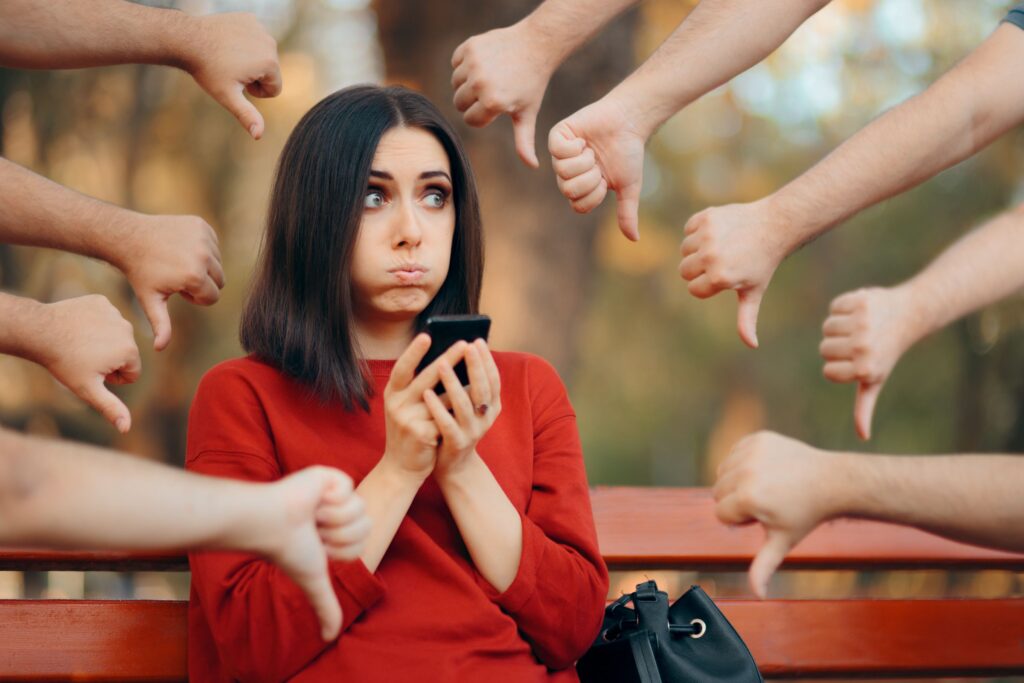
Copy-pasting or tweet theft refers to the act of copying someone else’s tweet and posting it as your own.
In order to determine whether such an act constitutes copyright infringement, it is necessary to consider two points, just as with screenshot quoting: whether the original tweet can be considered a “work” under the Japanese Copyright Law, and whether it is permissible as a legitimate quotation.
Particularly in the case of tweet theft, most instances involve copying the content of the original tweet and posting it as if it were originally posted by oneself, leading to misunderstandings.
In this case, it is generally not recognized as a lawful quotation.
However, even if you copy-paste the original tweet, it is conceivable that you may add your own views and post it in a form that is recognizable as a quotation.
However, at present, quoting by means of copy-pasting is not permitted under Twitter’s terms of use, so even this form of quotation may be deemed illegal.
Even Retweeting Could Potentially Violate Copyright Law

Retweeting refers to the act of reposting someone else’s tweet to spread it further.
This retweeting, unlike quoting, is widely used as a feature that allows you to share someone else’s tweet as it is, without adding your own opinion to the original tweet.
For example, if you retweet a tweet that includes a screenshot quote, as we have already explained, such a quote may infringe copyright.
So, does the person who retweeted also infringe any rights under the Japanese Copyright Law?
Firstly, even if you retweet a tweet that includes a screenshot quote, the person who posted the screenshot image is ultimately the poster of the retweeted tweet.
Therefore, unless the person who retweeted has copied the original tweet themselves or posted it on Twitter, it cannot be said that they have infringed copyright, such as the right of reproduction or the right of public transmission.
However, the author of the original tweet has the right to display the author’s name (right of attribution) in addition to copyright when publishing the work.
Therefore, when spreading a screenshot image by retweeting, if the situation is such that it is not clear who posted the original tweet, such as only the tweet text being imaged, even the person who retweeted may infringe this right of attribution.
In a precedent, there was a case where it was recognized that the right of attribution was infringed because the author’s name, which was originally written on the photo, disappeared due to the photo image being trimmed by the retweet, regarding the act of retweeting a tweet that had arbitrarily copied and attached a photo taken by a photographer.
Although it is a precedent related to the copyright of a photo and the case is different, it will be a reference for the case of quoting the tweet text.
Below, I quote an excerpt.
The author’s name was attached to the corner of the photo image in this case as a display of the author’s name, but due to the transmission of the link image display data by each retweeter in this case, the display image in each case was trimmed and the author’s name display part disappeared.
Also, each retweeter in this case did not display the author’s name of the photo elsewhere on each webpage where the display image was displayed by each retweet in this case.
Therefore, each retweeter in this case should be said to have infringed the right of attribution by each retweet.
Supreme Court Third Petty Bench, July 21, Reiwa 2 (2020), Minshu Vol. 74, No. 4, p. 1407
Conclusion: Consult a Lawyer for Copyright Infringement on the Internet
At present, if you quote on Twitter using anything other than the official “Quote Tweet” feature, there is a possibility of infringing copyright.
We also explained that even when simply retweeting, there are cases where caution is required under copyright law.
The quoting methods introduced this time are commonly seen by Twitter users and there is a risk of them being carried out carelessly.
However, if it is judged to be illegal under copyright law, you may be liable for damages, so caution is necessary.
If you need advice on specific issues, please do not hesitate to consult a specialist lawyer.
Introduction to Our Firm’s Measures
Monolith Law Office is a legal office with high expertise in both IT, particularly the internet, and law. In recent years, information related to reputational damage and defamation spread on the internet has been causing serious harm as a “digital tattoo”. Our firm provides solutions for dealing with these “digital tattoos”. Details are provided in the article below.
Category: Internet


